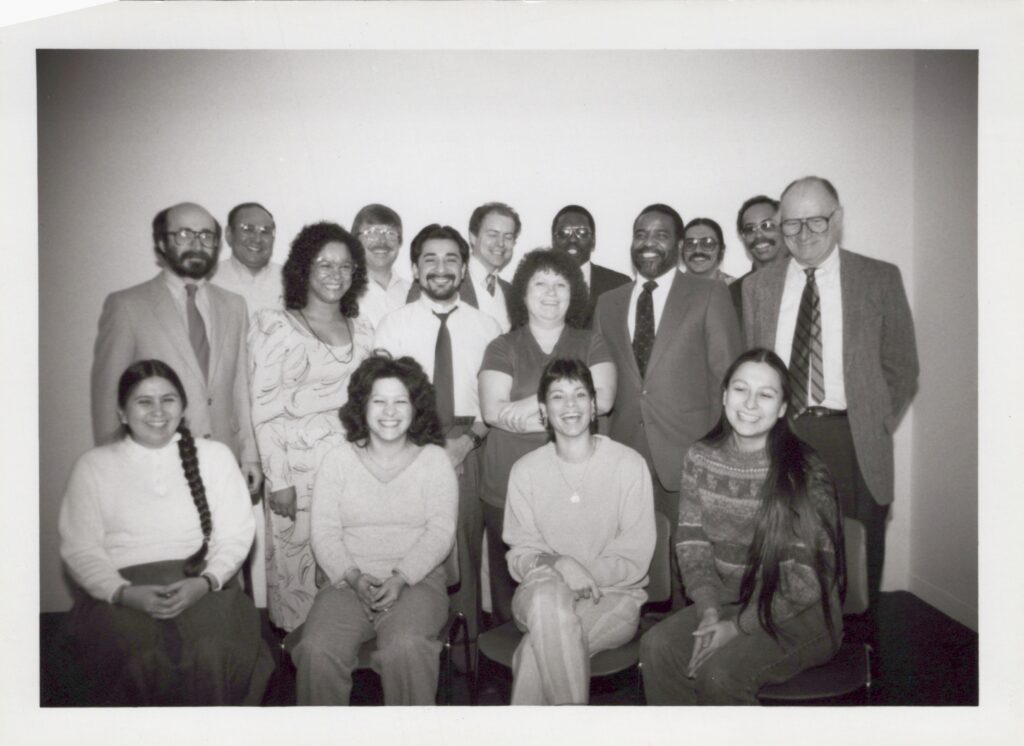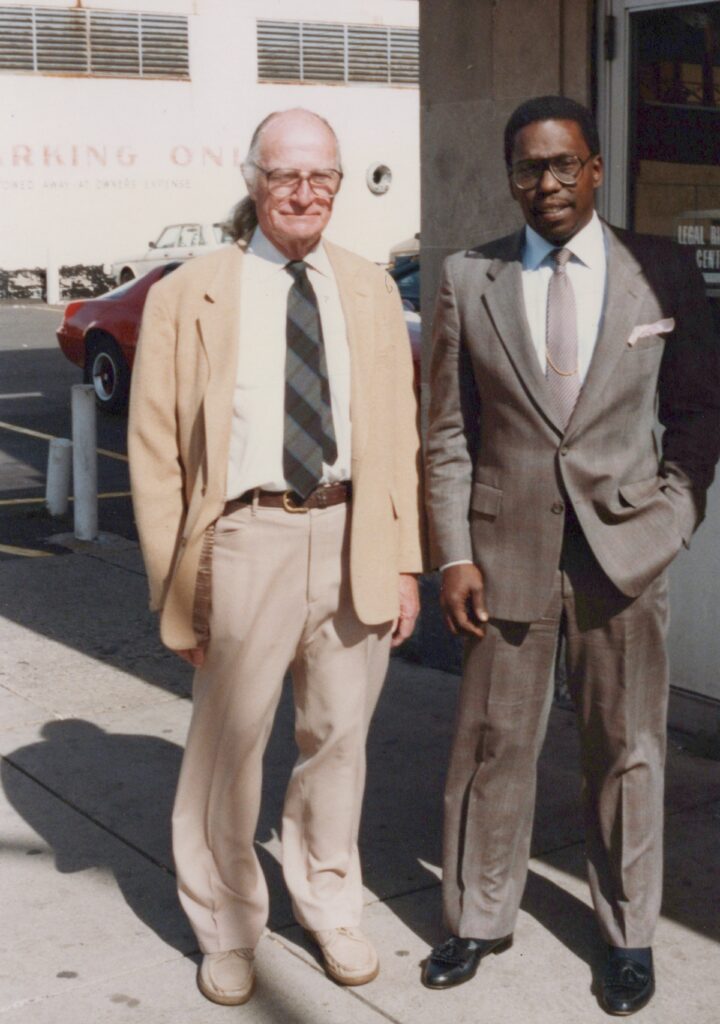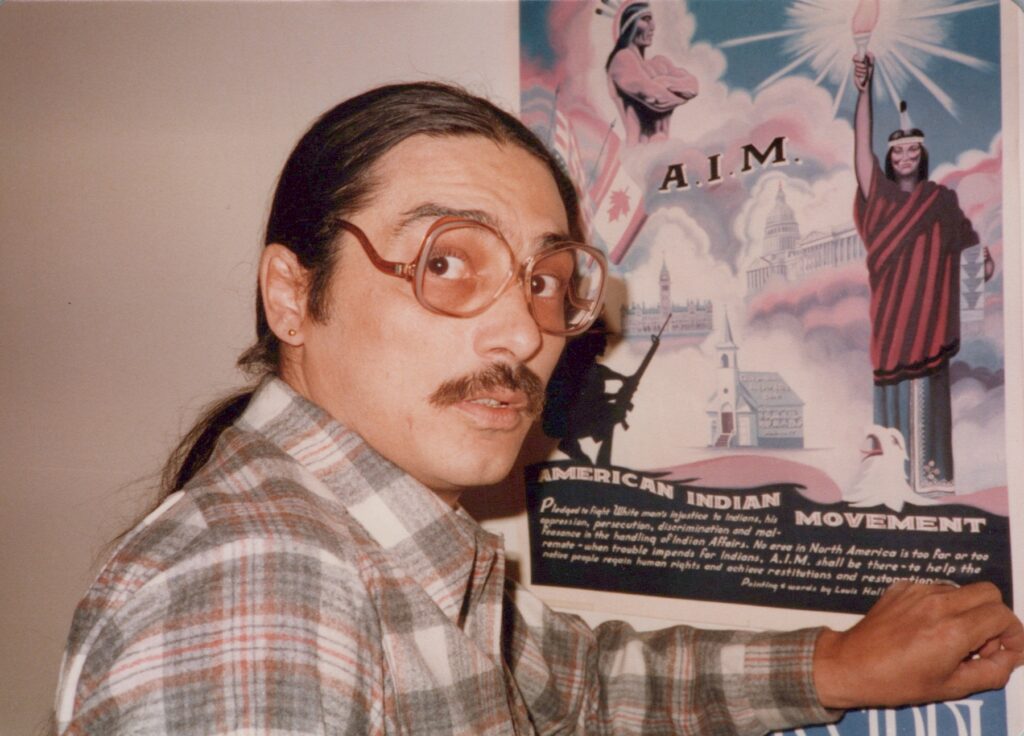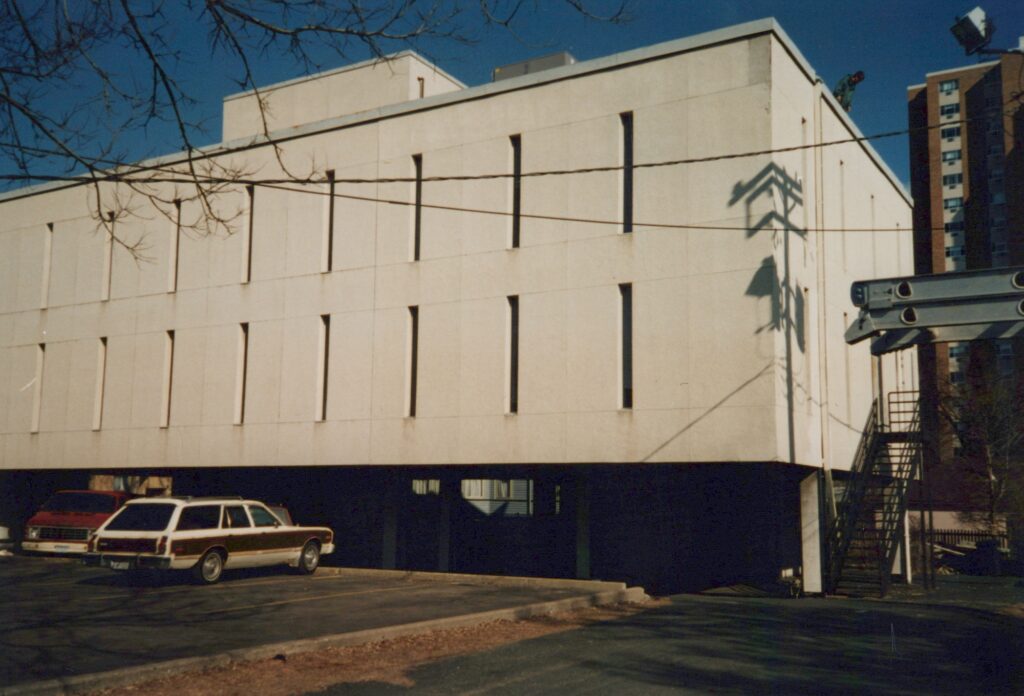
The 1960s and 1970s were a dynamic time, marked by the Civil Rights Movement, Black Power Movement, American Indian Movement, and other movements based on solidarity and self determination.
Echoing the national landscape, people of color in Minneapolis were fighting their own battles against social, political, and economic discrimination. Members of the Black and American Indian communities were being subjected to inequity in Minnesota’s criminal justice system, with disproportionate rates of police brutality and harassment, arrests, and convictions. Community members were also concerned about how the courts viewed them and wanted to take representation into their own hands. It was within this context that the Legal Rights Center was founded.


LRC was founded in 1970 through the coordinated efforts of Black and Indigenous community activists partnered with friends and leaders in the legal community.
Specifically, Syl Davis, Northside Black community activist and executive director of The Way, Clyde Bellecourt of the American Indian Movement, and attorney Doug Hall came together to organize what would become the Legal Rights Center.
They desired to have a law firm that would serve low income communities and communities of color as an alternative to the Public Defender’s Office which, during the 1960s and 1970s, was overburdened and in many ways not necessarily held accountable to protecting the needs of its clients.
With the assistance of Peter Dorsey of the Dorsey and Whitney law firm, Syl Davis, Clyde Bellecourt, and Doug Hall gathered contributions in legal and philanthropic circles, and their respective communities, to start the organization.

In March of 1970, they founded an organization that could provide client-centered, culturally sensitive, community-based legal counsel and social justice advocacy premised upon centering people of color: The Legal Rights Center.